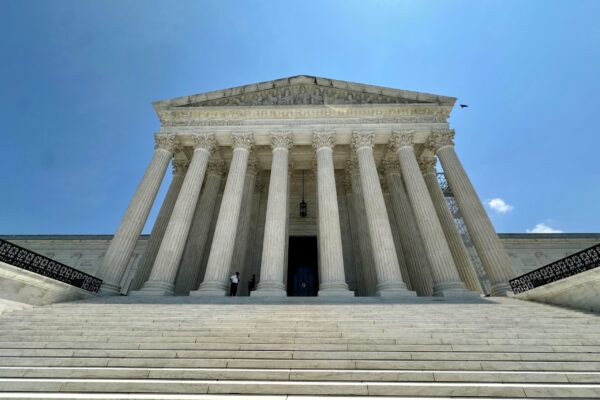Washington, D.C. – The Center for Learner Equity (CLE) strongly opposes the administration’s recent action of gutting the key offices that oversee special education programs. Decimating these offices directly harms the education of more than 8 million students with disabilities across the nation. On Friday, October 10, 2025, the entirety of the Department of Education’s special education and K-12 education infrastructure, from the Office of Special Education Programs to the Charter School Program Office, was rendered non-functioning through massive layoffs. This reduction-in-force, or RIF, makes it nearly impossible for the Department to fulfill its duties on behalf of students with disabilities, their families, and schools. “The education of students with disabilities is a nonpartisan issue that should be insulated from politics,” said Jennifer Coco, Interim Executive Director of CLE. “Despite Education Secretary Linda McMahon repeatedly committing to uplifting the rights of students with disabilities, the administration chose to gut the offices responsible for ensuring states are upholding the Individuals with Disabilities Education Act (IDEA). We urge Secretary McMahon to reverse the layoffs and rise above partisan politics in the interest of supporting the education of students in every community across the nation—1 in 5 of which is a student with […]
The Center for Learner Equity (CLE) vehemently objects to the tax package proposed by the House Ways and Means Committee.
CLE condemns the Trump Administration’s gutting of the Department of Education through its massive Reduction in Force of thousands of staff, and will continue to oppose any related federal actions that abolish its important role protecting the rights and preventing discrimination of students with disabilities.
CLE responds to the U.S. Supreme Court’s decision to hear the Oklahoma case on religious charter schools, standing with the Oklahoma Supreme Court’s June 25, 2024 decision that ruled religious charter schools unlawful.
This study identifies a path forward for New Orleans’ uniquely decentralized school system to coordinate services for students with disabilities through an Educational Service Agency while maintaining its commitment to autonomous charter schools.
With their increased autonomy and flexibility, charter schools can be a promising educational option for students with disabilities. However, during the inception of the charter movement, very few people were focused on ensuring that state charter school policies addressed the needs of students with disabilities.






